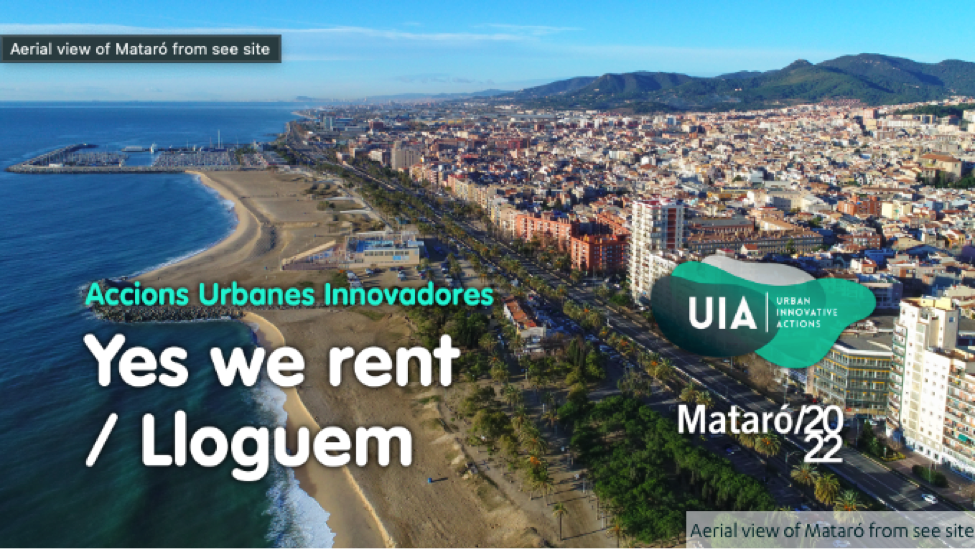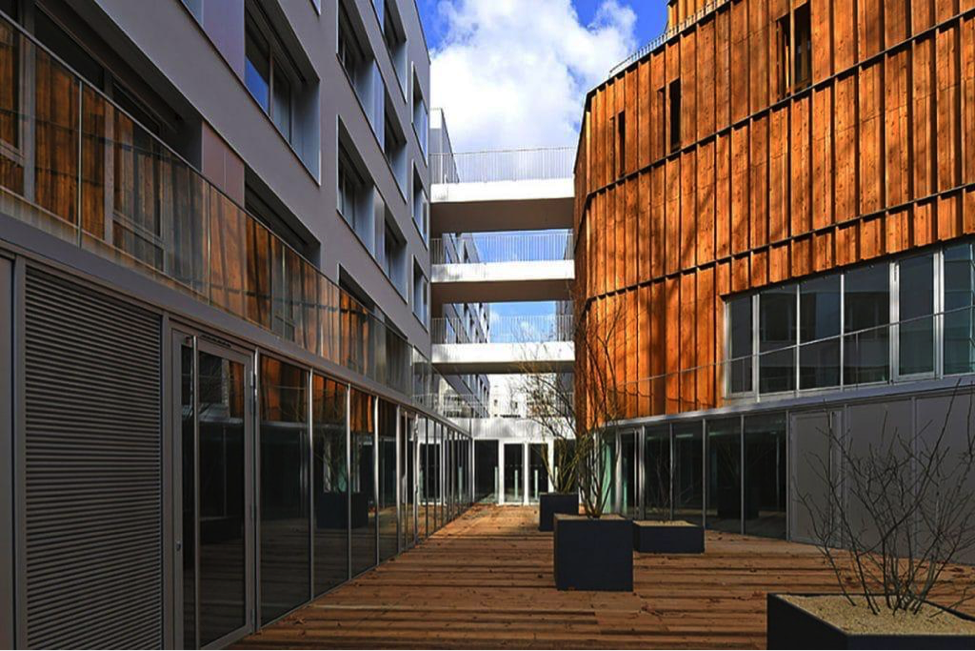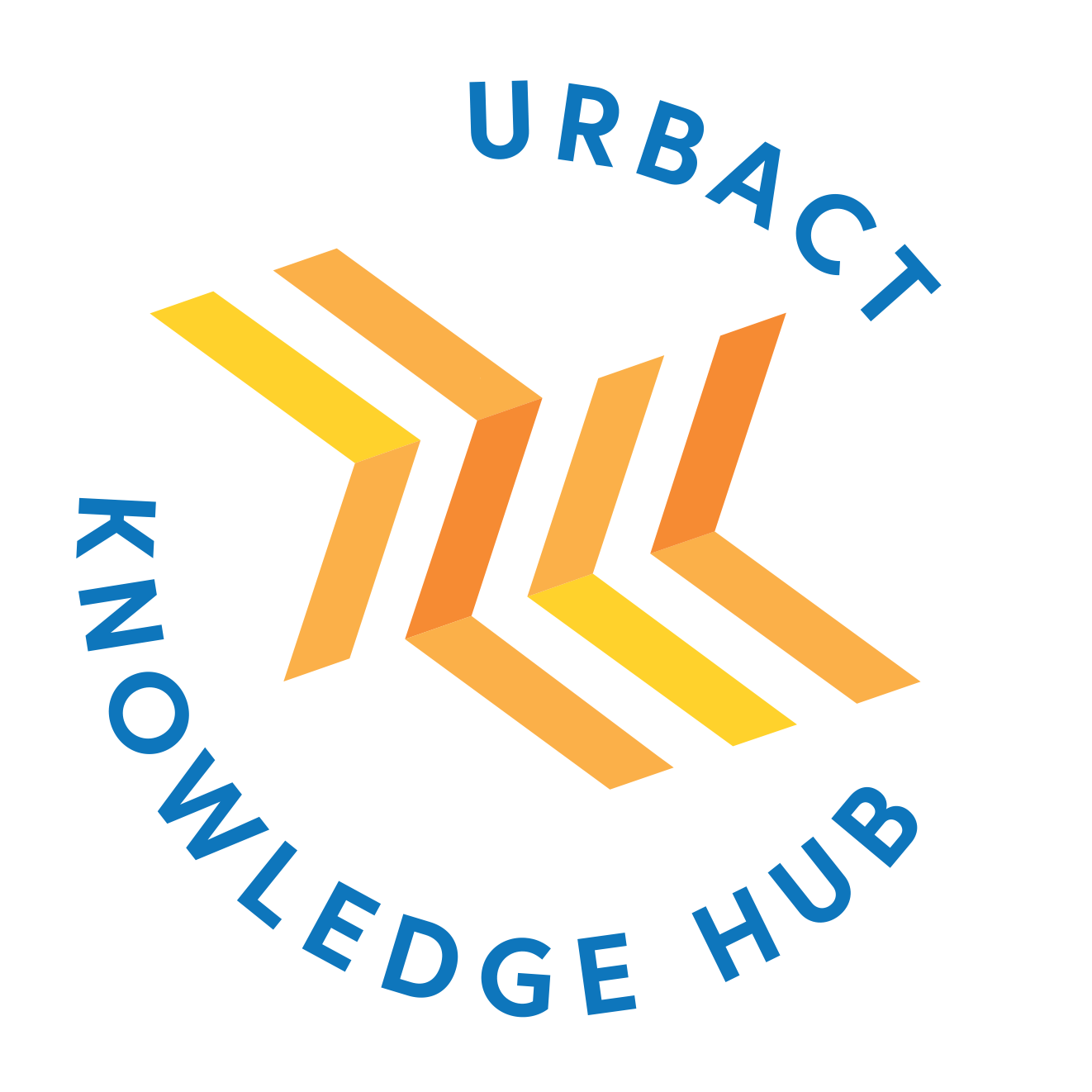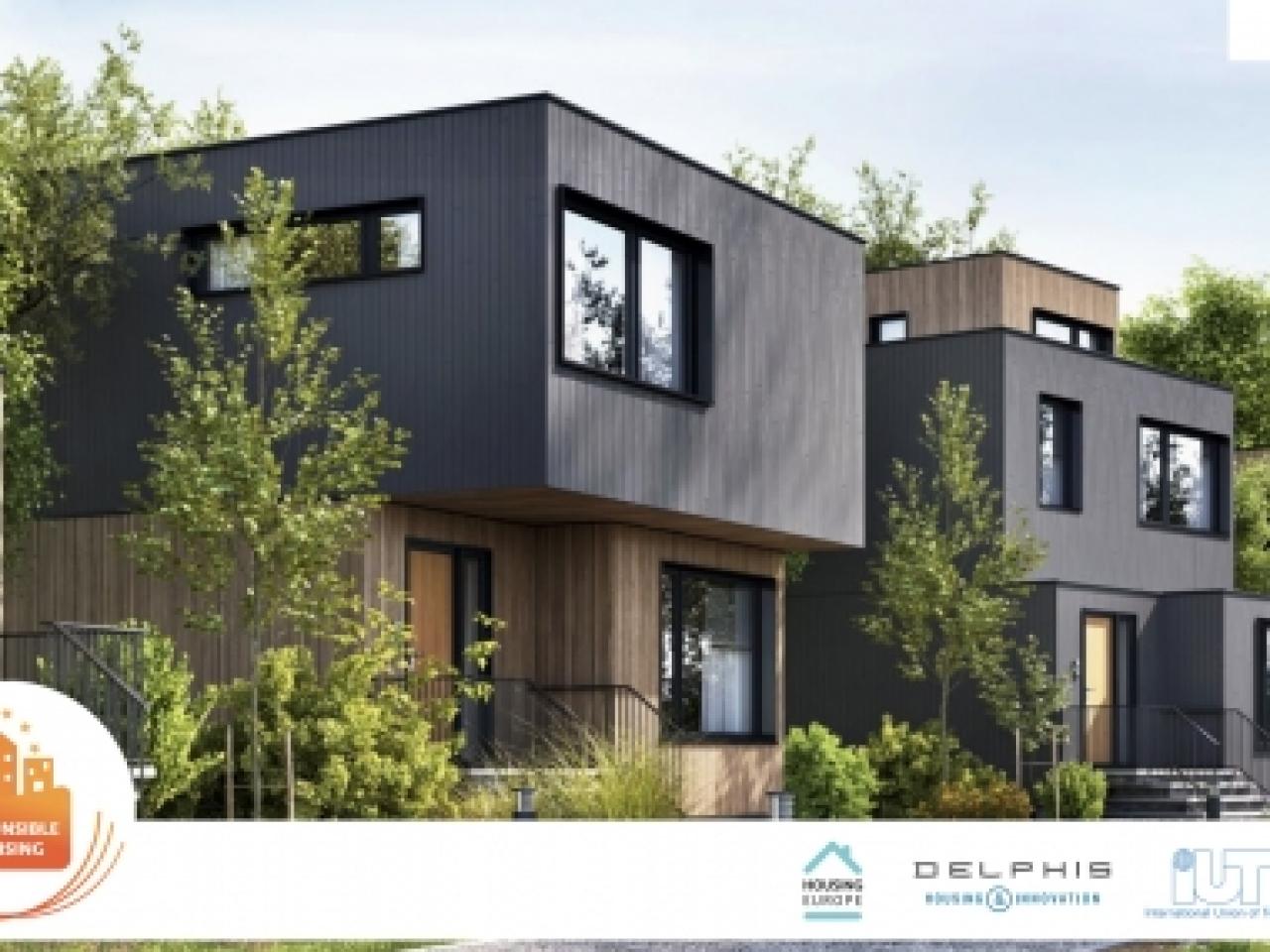All over Europe cities are under pressure to find affordable and adequate solutions to house people. Ever since 2013, The European Resonsible Housing Awards (ERHA) has been an exciting opportunity for local authorities, from URBACT cities and beyond, to discover new ideas and practices to tackle housing challenges. This year’s edition was no exception.
Last June more than 180 social and affordable housing developers, tenant organisations' representatives, policymakers and academics celebrated the 2022 ERHA ceremony, which took place in Helsinki (FI) during the International Social Housing Festival. This is the occasion to showcase good quality housing and services that respond to a variety of needs and, by consequence, empower the civil society by setting good examples.
The organisation behind the awards, the European Responsible Housing Initiative, is coordinated by DELPHIS – a professional non-profit association gathering 26 non-profit social housing companies – Housing Europe and the International Union of Tenants. The initiative is co-funded by the European Commission (DG Enterprise) and the awards are granted to cities according to a code of conduct, using a series of categories. This year’s winners are proof of how housing can be used as a leverage to transform districts and neighbourhoods.
Let’s have a look at the 2022 edition winners!
The winner for the ‘Fair financing for housing affordability’ category was Yes We Rent! a project in Mataró (ES) funded by the Urban Innovative Actions, which tackles a double challenge: “people without flats, and flats without people”. In a context of high deregulation of the housing market and dramatic shortage of affordable dwellings, the project seeks to generate an accessible housing stock targeting medium income households and using properties that are off the market and have been left empty.
Yes we rent! is implemented by the municipality of Mataró in partnership with the Barcelona provincial authority, NGOs and research institutes, counting with a budget of 2.5 billion EUR. The project offers owners a guaranteed rent, and financial and organisational support to renovate the properties, incentivising them to rent their flats at a cost below market prices. In parallel, the project has tested an organisational model of a multi-stakeholder cooperative, which can be publicly funded and controlled. Tenants are trained and encouraged to engage in self-help, empowerment, co-development of housing services and for spotting new potential housing opportunities for other people.

Source: Urban Innovative Actions
The Garloch Community project was awarded for the category ‘More than a roof - supporting communities of equal opportunities’. The project takes place in the Achtercairn site in Garloch (UK) and represents a good practice of rural regeneration in a highland community. It is led by the needs of the community and managed by the Communities Housing Trust. It aims to transform the former derelict site in the centre of the village into a mixed development, combining affordable homes with social, commercial and education facilities. This community-led project incorporates 25 highly energy-efficient homes, which were built with sustainable materials. The initiative includes social leases, low cost home ownership and rent to buy. The project also includes the creation of shops, commercial spaces and the GALE Centre – a tourist information hub that attracts over 40.000 visitors per year.
If in one hand housing instruments can be used to defy shrinking populations, as it’s the case for Gairlach where new dwellers were attracted and locals were prevented from moving elsewhere, affordable housing measures can also be an important ally to crowded cities. For instance, in Paris (FR), one of the densest cities in Europe, unused office buildings became affordable apartments for students. That’s how the Bertelotte students’ residence was born.
The winner of the ‘Leaders of innovation, agents of fair energy transition’ category is the result of the retrofit process and conversion of an office building into a student residence. It counts with 139 units, which are managed by the Paris Habitat and the CROUS. The project successfully used bio-based materials and it put into practices circular economy principles. The process behind the Bertelotte student residence was an opportunity for the city of Paris to experiment and innovate. It is a turning point for the Paris Habitat in terms of eco-construction and climate action commitments.

Source: Paris Habitat
The award for the ‘Building strategic alliances, fostering community participation’ category was given to the Himmerland Boligforening's district project in Aalborg (DK). It consists of empowering tenants to co-create change at local level, attracting new residents and pushing for urban renewal initiatives. This includes an extensive renovation of a total of 1.000 residences spread over the area. As a result of the renovation, the locals have seen up to 50% reduction in energy use. Such outcome has benefited the environment, as well as the tenants’ wallets and living conditions.
Finally, the winner of the category ‘Going the extra mile in extraordinary circumstances’ was the project Arriving Home, a sustainable initiative in Wien (AT) to combat homelessness and respond to the Covid-19 crisis. This initiative is a partnership with GBV - Association of Non-Profit Building Associations, BAWO - Federal Working Group for Homeless Aid and the Ministry of Social Affairs. It aims at people who had financial challenges as a result of the pandemic and, unfortunately, have lost their homes or were at risk of homelessness. The project aims at solving the issue by financing tenants’ upfront contributions and allocating apartments in a participatory way.
URBACT’s commitment to support cities finding solutions towards adequate and affordable housing is stronger than ever. The programme supported ERHA's good practices and I had the pleasure of taking part in this edition’s jury, as an URBACT Expert – you can find more information from the ERHA winners in the 2022 Award Handbook. In addition, a year ago URBACT joined forces with the Urban Innovative Actions to rethink and address the question of Right to Housing, building from the experiences of the cities like the partners from the ROOF Network, which aims at ending homelessness. More recently, an online event on gender and housing.was organised.
In light of the launch of URBACT IV and the upcoming call for Action Planning Networks by the end of the year, I am personally looking forward to seeing new proposals from cities to face the crucial challenges from housing.
-

Interested in the topic of housing? You can find more stories on the subject here.


